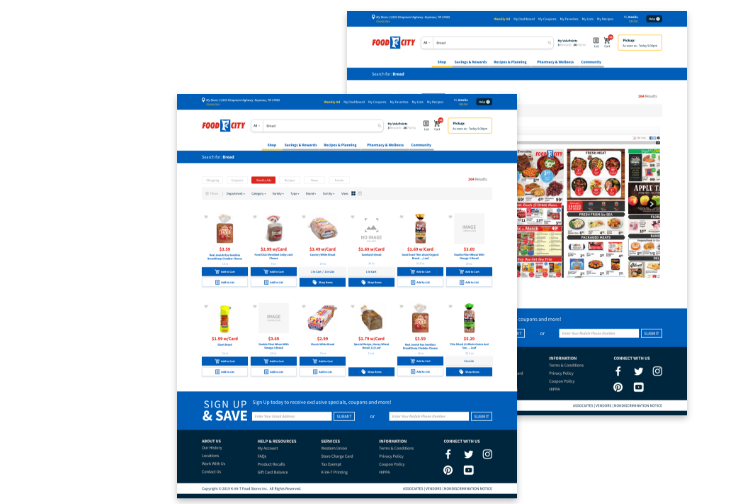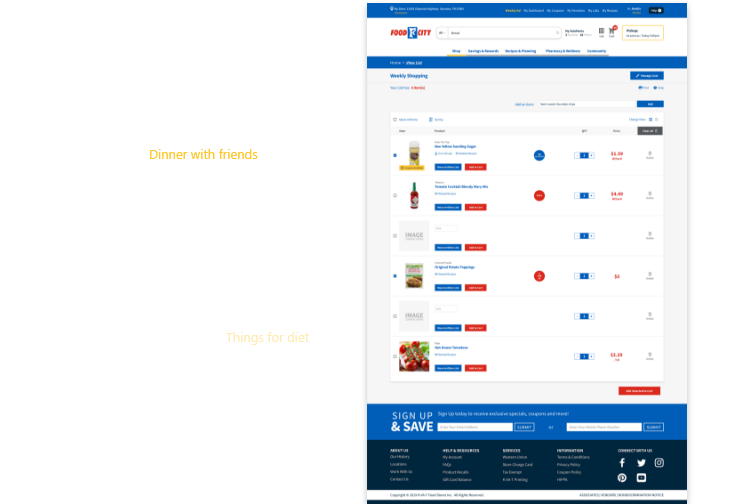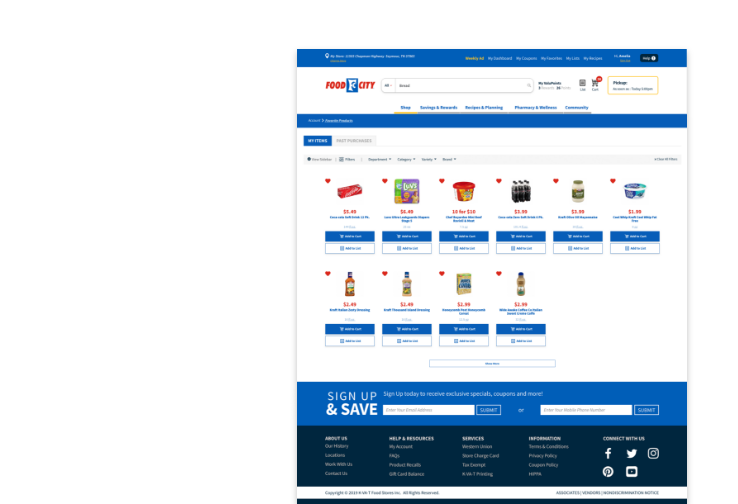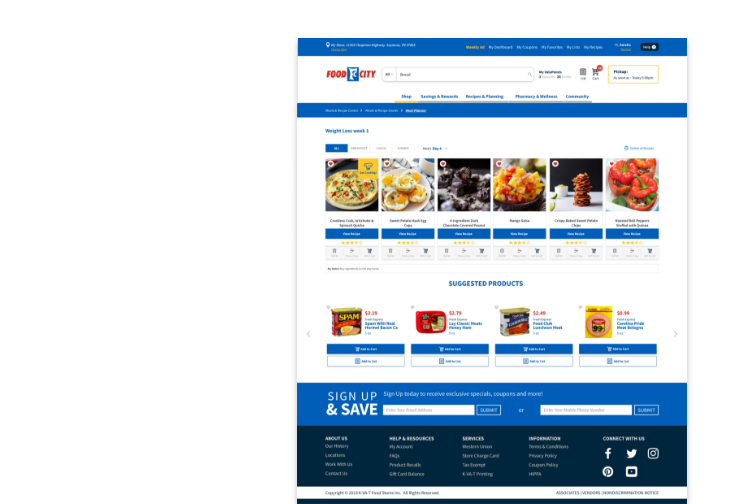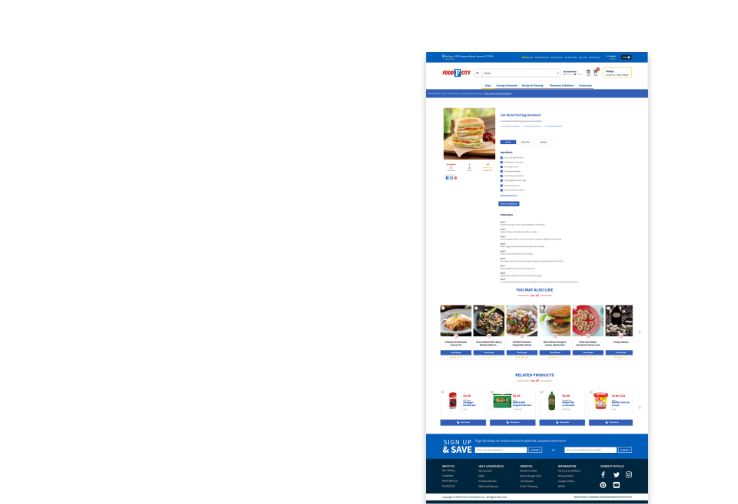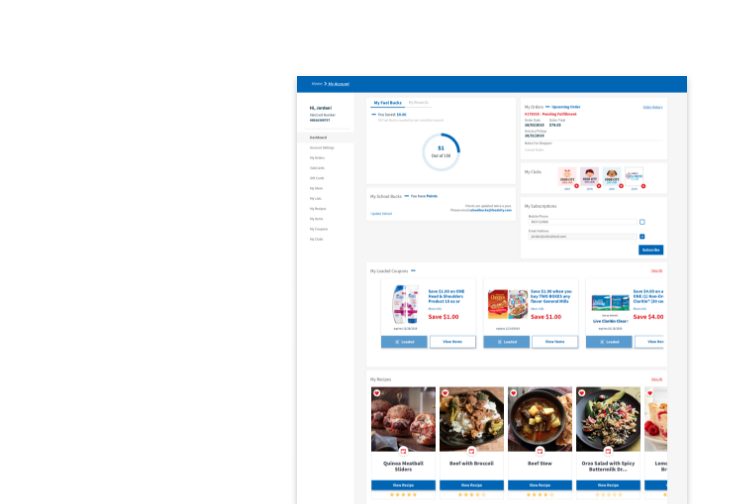
Wellness Club — Don't forget the dairy!
Abingdon, VA. -
Friday, Jun 1, 2018.
by Elizabeth Hall, MS, RDN, LDN Registered Dietitian, K-VA-T Food Stores
Did you know that June is National Dairy Month? Most of us should be getting two to three servings of dairy each day to meet our calcium and vitamin D needs for bone health. Dairy foods dominate the shelves at the grocery store, so it’s easy to find lots of delicious ways to enjoy diary as a part of a healthy lifestyle.
• Milk: Milk is an excellent source of calcium, but also contains protein, riboflavin, vitamins A and D, phosphorus, potassium, and magnesium. It is recommended to choose low-fat or fat-free versions, since the type of fat found in dairy is saturated fat, the type of fat that is more likely to clog your arteries. If you are sensitive to lactose, pick a lactose-free version. Milk alternatives such as soy milk and almond milk are typically fortified with calcium and vitamin D, but just remember that the protein content is often much lower than dairy milk.
• Yogurt and Kefir: Yogurt is high in calcium and protein, and contains probiotics, which can help to populate the gut with beneficial bacteria. Kefir is a fermented drinkable yogurt that is also packed with probiotics. Remember to choose low-fat or fat-free versions and opt for plain varieties when possible to avoid added sugar. Yogurt also contains less lactose than milk. Plus, the presence of live cultures can help a person with lactose intolerance enjoy these products with less symptoms.
• Cheese: Cheese contains nutrients similar to those found in milk, such as protein, calcium, phosphorus, zinc, vitamin A, riboflavin and vitamin B12. Certain types of cheeses can also be high in sodium and saturated fat, so make sure to check the nutrition facts panel and eat in moderation. Cream cheeses and cheese spreads are often higher in calories and fat, while delivering little calcium. Try to choose low-fat versions of these foods when possible and, as always, watch portion sizes.

